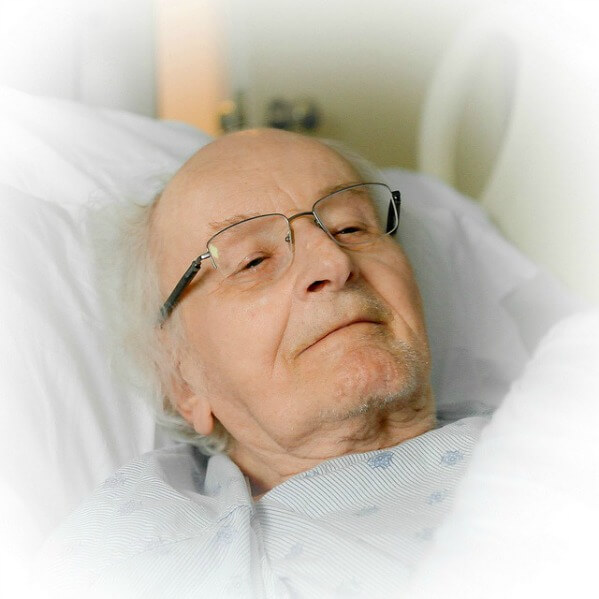Nurses Are Key in HIV/AIDs Treatment
A lot has changed since the HIV epidemic hit the United States in the 1980s, but nurses have always been at the helm of treating these patients since the beginning.
Nurses have worked all over the U.S. to care for HIV/AIDs patients from the hospital units to their homes.
Today, nurses continue to play a critical role.
They are becoming the mainstay of antiretroviral treatment programs nationally and globally.
In an interview with Medscape, Dr. Jason Farly, PhD said nurses were on the front lines before antiviral therapy was ever available, caring for patients everywhere from hospital units to homes.
“I believe that the true spirit of care has never left the profession, but we have also taken on a new expanded role, and an expanded scope as frontline care providers -- those who are providing antiretroviral therapy. And nowhere is that more visible than in countries in sub-Saharan Africa,” he said.
“In my work in Africa, we are directly involved with training of nurses, which in turn expands access to care. This provides life-saving access to antiretroviral therapy in rural remote areas, where there are no physicians. In areas where there may be a physician, the physician provides oversight.”
There are also growing opportunities for nurses to enter the HIV/AIDs care specialty as the aging patient population faces many complications that can impact the quality and longevity of life.
There are many comorbidities that can come along while aging with HIV, including complications with the cardiovascular system, kidneys, liver, cognitive function and much more.
These days, patients are being treated, evaluated, and managed by case management services, inpatient services, nurse practitioners and nurses in AIDS clinics.
According to Dr. Farly, patient outcomes are improving.
“We're seeing decreased patient admissions. We're seeing a lot of patients increasing their access to antiretroviral therapy, because nurses are oftentimes more willing to work in rural areas in this country,” he said.
Home Health Nursing Care
Taking the home nursing care route gives nurses an alternative to working in a hospital or clinic.
Andresa Person is the manager of HIV Program Development for VNSNY CHOICE Select Health at the Visiting Nurse Service of New York. It’s the largest provider of home care to individuals living with HIV/AIDS in New York City.
Person finds that home health care is actually helping people with HIV live longer, better quality lives.
“It’s not uncommon that HIV patients get treated by multiple doctors who prescribe different medications. Home health care professionals can play a significant part in looking at drug-to-drug and food-to-drug interaction to avoid complications and guarantee the best care possible,” she said in an interview with HIV Plus Mag.
Nurses can also be the touch point between the patient and their doctors.
They receive training that is geared to nurse competencies and roles and they are often the first provider, or even the primary provider for patients with HIV.
They often help patients get clarity on how to handle their treatment plans as the patient’s need shifts due to changes in their condition.
When it comes to paying for this kind of service, patients might be surprised to know they may be covered for nursing home care under insurance. You don’t have to be a senior or someone on the verge of death either.
The services for HIV patients receiving at home care vary---from home management to assistance in bathing, dressing and handling chronic conditions that plague those who are aging with this illness.
Some patients become very knowledgeable and empowered, so they can manage their disease in the privacy of their home, but others struggle. Home health care professionals can teach these how to manage HIV properly and give them a sense of independence while stepping in to assist with duties that require the nurse’s support.
Home health care nurses can also provide patient’s families with information about how to manage medications, give injections safely, get proper nutrition and exercise so they can live comfortably and safely at home.
Dr. Farly wants the scope-of-practice barriers to be eliminated, and believes nurses should practice to the fullest extent of their training and pursue further education.
A a 2012 Institute of Medicine Report, The Future of Nursing , supports his outlook on the industry. Researchers found that that nurses are leading healthcare.
“In terms of HIV management, I think it's a great time to be a nurse, because we are seeing the successes of what nurses can do in terms of increasing access to care, quality, and safety, all in a cost-effective manner,” he said.




